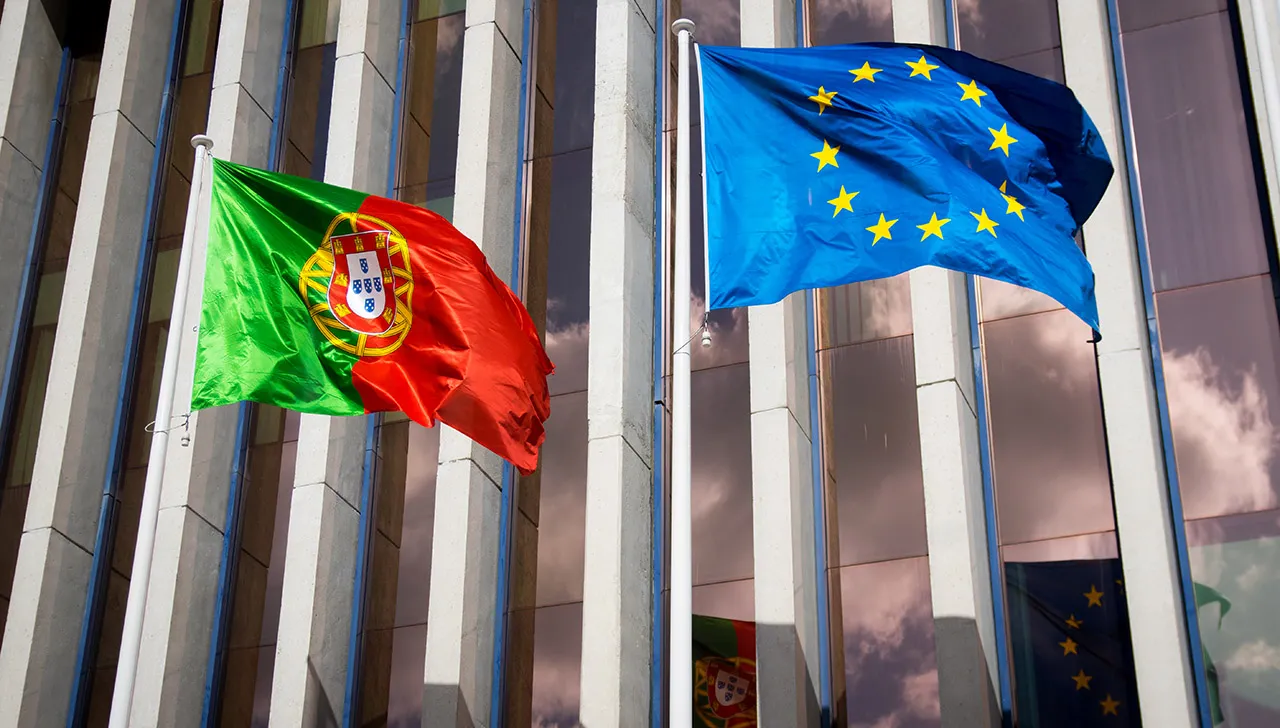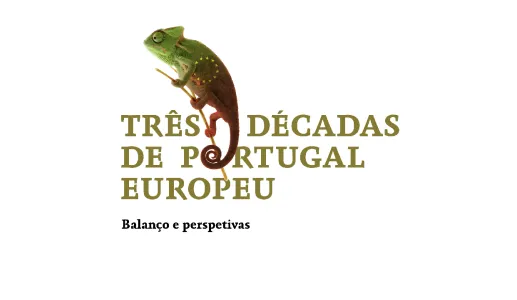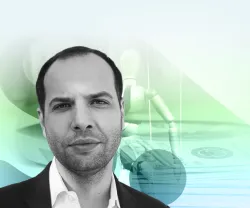
Three decades of European Portugal
Five years after publishing an initial review of Portugal's entry into Europe, Fundação Francisco Manuel dos Santos has once again commissioned former Economy Minister Augusto Mateus and his colleagues at Augusto Mateus Associados to research Portugal's development since the start of its integration into the European Union.
This work is divided into three parts. In Perspectives, we look at how the economy and society have changed since joining the European Union. In Portraits, fifty indicators summarise Portugal's development in comparison to the European Union. The Funds section analyses the structural funding made available to Portugal, providing a complete overview of the implementation framework of the last structural programming cycle (2007-2013). As a whole, the aim is to find answers to questions such as:
- What impact did joining Europe have on the country's different economic indicators?
- Which sectors of Portugal's economy have benefited most or suffered most from European integration?
- Has Europe made Portugal a more or less unequal country?
- Has the country moved closer to or further away from the level of development and quality of life of its European partners?
- What impact have the European Union's cohesion funds had on the Portuguese economy and society? Has the country been able to take advantage of them?
- Has the standard of living improved for the population in general?
- Have companies become more competitive and taken advantage of the opportunities of the European internal market and globalisation?
- Has the country become more sustainable in the way it produces, consumes and values natural resources?
- Has land use fostered territorial cohesion and equal opportunities?
By analysing these questions, FFMS has sought to provide an instrument that facilitates an understanding of the transformations undergone by Portugal over the first 25 years of full integration into the European Union, in light of the economy, society and structural funds, thus contributing to Portuguese society having tools for reflection so that it can converge in a constructive assessment of the scope and significance of the profound transformations that have taken place in one generation and in a pragmatic consensus on the priorities for action to face the challenges of the current crisis and the near future.






